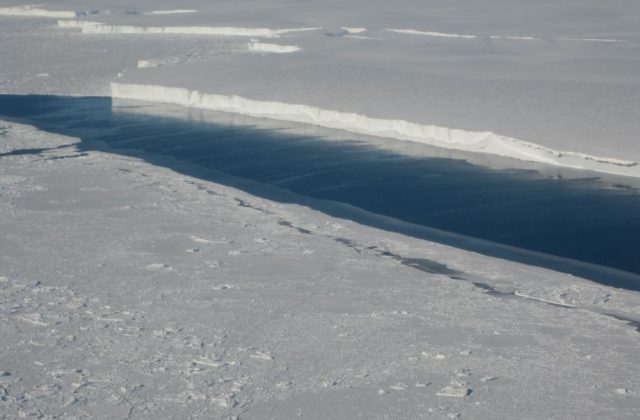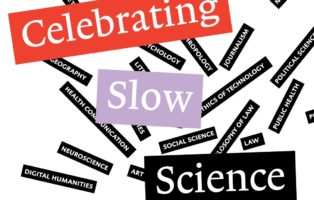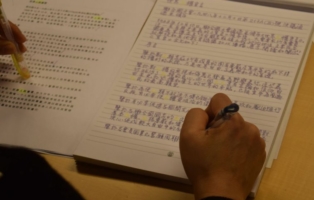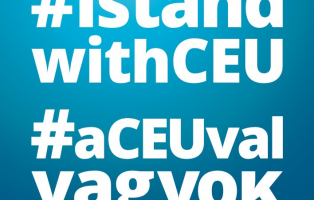The NIAS scholars are part of a coalition of Netherlands-based scientists, scientists4future NL, who drafted a consensus statement underlining the concerns of the strikers. “Failure to meet the challenges, as set out by the Paris climate agreement, will endanger the lives and livelihoods of billions of people, now and in the future. We believe that it is the role of our institutions to inform everyone in society about the basic principles of climate change and to raise awareness of its impacts.”
Truth
Rector of NIAS and Professor of Sociology at the University of Amsterdam Jan Willem Duyvendak on why he publicly supports climate action: “I signed the petition because scientists have to speak ‘truth to power’. Currently however, many countries are seeing a rise in skepticism towards scientific inquiry as part of broad, often populist, movements that criticize all elites, including scientists. In these days of ‘post-truth’, science seems to have lost any credible claim to truth for some. Particularly regarding the climate crisis this is very dangerous. Scientific evidence is overwhelming and therefore politicians have to act. How they act exactly is their responsibility – but not acting is not an option.”
The urgency to raise one’s voice on climate change is not only felt in academia, but in the field of journalism as well. This month, more than 250 news outlets joined forces to strengthen global coverage of the climate emergency in the Covering Climate Now campaign. Jaap Tielbeke, currently at NIAS as journalist-in-residence to write a book on the politics of climate change, is one of the participants:
“As a journalist, I was taught to listen to both sides of a story. Journalists are supposed to be objective. But in reporting on climate change this notion of so-called neutrality, often leads to false balance. On the one side we have a scientist who paints a bleak picture of the world we’re heading towards if we don’t start drastically reducing our carbon emissions soon. On the other we have a pseudo-expert who aims to sow doubt about the validity of climate science. But when it comes to climate change, the truth does not lie in the middle. The truth is that we need our politicians to act now if we want to avoid a complete climate break down. And we need media to reflect this urgency in their reporting. Because ultimately, the task of journalists is to look for the truth and inform the public.”
More
- Scientists4climate
- Covering Climate Now
- Covering climate now: hoe vertel je het grootste verhaal ter wereld? (door Jaap Tielbeke)
- Jaap Tielbeke’s full list of articles (Dutch)
- Jan Willem Duyvendak about taking climate science serious on BNR Radio (Dutch)




